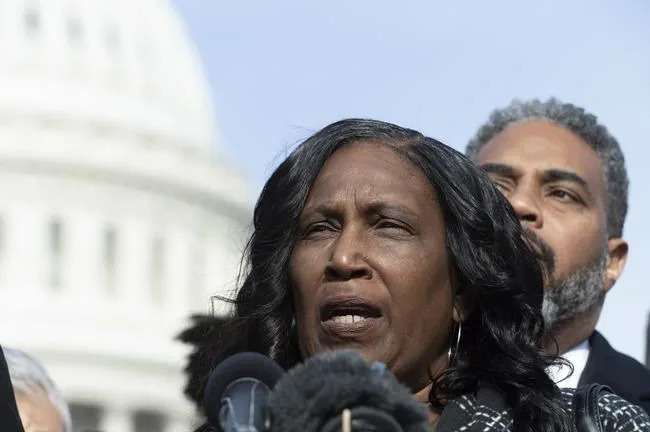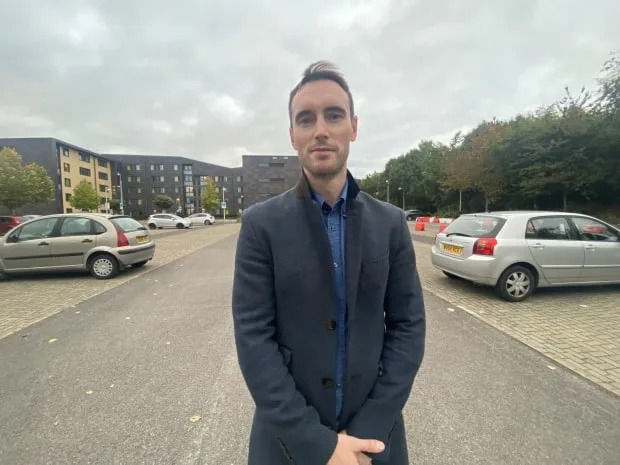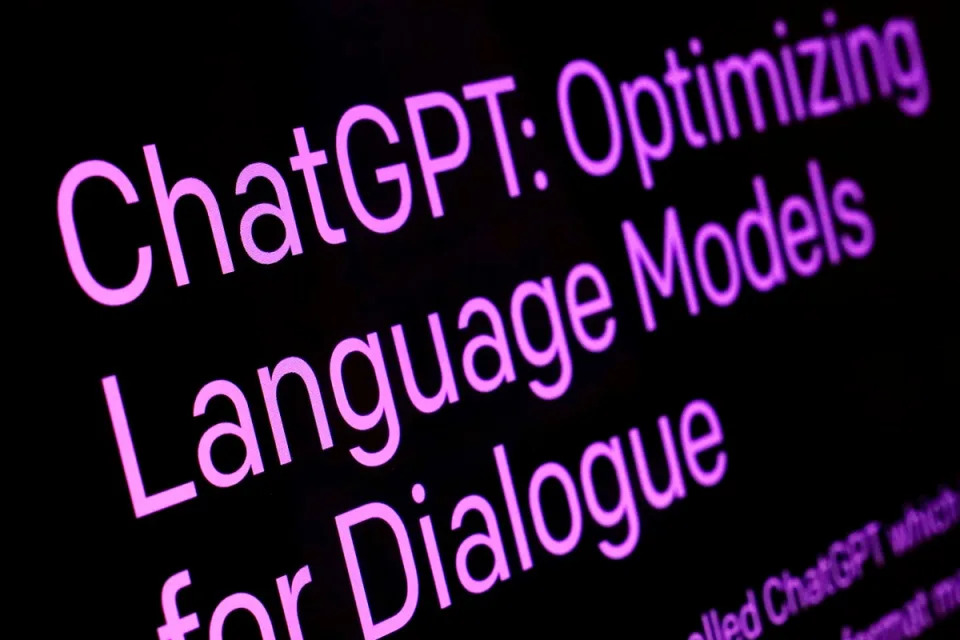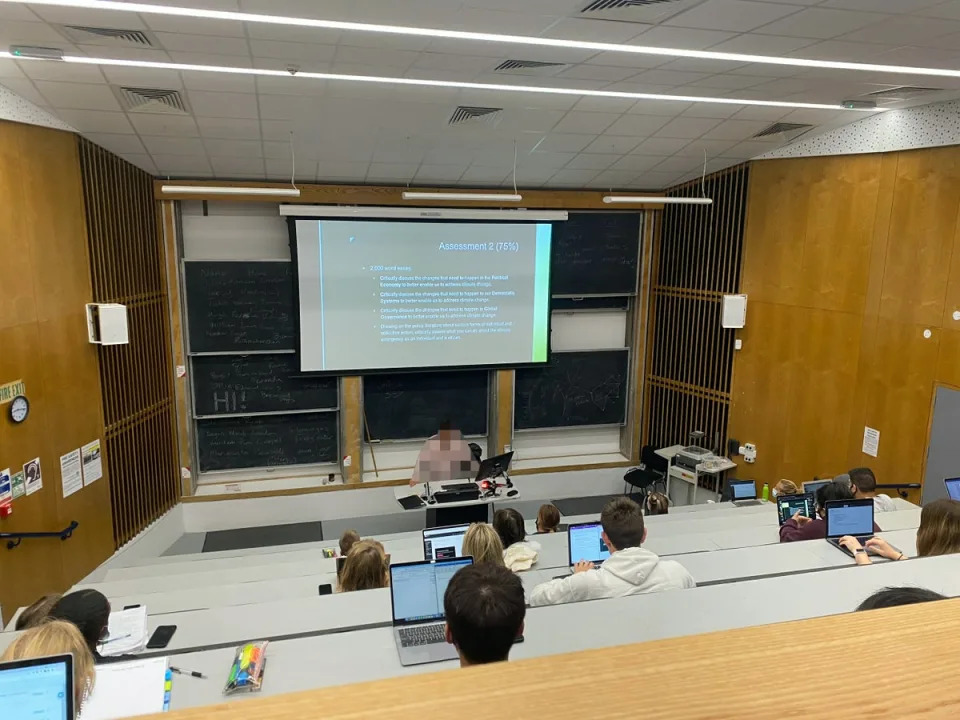2 victims of deadly Lytton wildfire trying to have their lawsuit certified as a class action
Tue, February 7, 2023

An RCMP vehicle drives past the remains of vehicles and structures in Lytton, B.C., on Friday, July 9, 2021, after a wildfire destroyed most of the village on June 30.
(Darryl Dyck/The Canadian Press - image credit)
Two victims of a wildfire that destroyed much of Lytton, B.C., in the summer of 2021 are in court arguing their lawsuit should be certified as a class action.
The chief justice of the B.C. Supreme Court will decide whether the case, initially filed in October of 2021 by two residents who lost their homes, has a broader scope.
Two people died when flames ripped through the Fraser Canyon on June 30, 2021, which happened to be the hottest day of the year in Canada.
By the time the wildfire was contained two months later, more than 800 square kilometres in and around the village had been destroyed.
Investigators with the Transportation Safety Board of Canada found no evidence that sparks from a passing train caused the fire, but the lawsuit alleges the fire was caused by a CN or CP train passing through the village.
In the alternative, it also alleges the fire was caused by failure to manage risk in fire-prone areas of British Columbia.
The B.C. Wildfire Service and the RCMP investigation continue.
RCMP Cpl. Madonna Saunderson issued a statement confirming the investigation "remains active and ongoing."
Victims seek compensation from CP, CN Rail
This week, B.C. Supreme Court Chief Justice Christopher Hinkson is hearing from lawyers representing Jordan Spinks and Chris O'Connor.
They claim the fire could have been prevented and are seeking financial compensation from CP Rail, CN Rail, the attorney general of Canada and a number of other organizations.
In March of last year, the law firm Slater Vecchio was granted permission to pursue the case as a class action with O'Connor and Spinks as the lead plaintiffs.
If approved, dozens more fire victims could be added to the lawsuit, which will be heard later.
Two victims of a wildfire that destroyed much of Lytton, B.C., in the summer of 2021 are in court arguing their lawsuit should be certified as a class action.
The chief justice of the B.C. Supreme Court will decide whether the case, initially filed in October of 2021 by two residents who lost their homes, has a broader scope.
Two people died when flames ripped through the Fraser Canyon on June 30, 2021, which happened to be the hottest day of the year in Canada.
By the time the wildfire was contained two months later, more than 800 square kilometres in and around the village had been destroyed.
Investigators with the Transportation Safety Board of Canada found no evidence that sparks from a passing train caused the fire, but the lawsuit alleges the fire was caused by a CN or CP train passing through the village.
In the alternative, it also alleges the fire was caused by failure to manage risk in fire-prone areas of British Columbia.
The B.C. Wildfire Service and the RCMP investigation continue.
RCMP Cpl. Madonna Saunderson issued a statement confirming the investigation "remains active and ongoing."
Victims seek compensation from CP, CN Rail
This week, B.C. Supreme Court Chief Justice Christopher Hinkson is hearing from lawyers representing Jordan Spinks and Chris O'Connor.
They claim the fire could have been prevented and are seeking financial compensation from CP Rail, CN Rail, the attorney general of Canada and a number of other organizations.
In March of last year, the law firm Slater Vecchio was granted permission to pursue the case as a class action with O'Connor and Spinks as the lead plaintiffs.
If approved, dozens more fire victims could be added to the lawsuit, which will be heard later.

Gian Paolo Mendoza/CBC News
Tricia Thorpe, a farmer who lost many animals and her home when flames tore through the Fraser Canyon village in the summer of 2021, has been sitting in the courtroom listening to lawyers, who represent Spinks and O'Connor, argue in favour of class action certification.
"The fire travelled all the way over to Spences Bridge, up Highway 8 and destroyed houses over there, and people lost livestock. I wanted to be in the courtroom because there has been a lack of information and transparency," Thorpe told Daybreak Kamloops host Shelley Joyce.
She's not part of the initial lawsuit seeking financial compensation, but Thorpe said she hopes this week's hearing has a positive outcome.
"I would like somebody held accountable. Losing my animals was devastating. I'm hoping that somebody will be held accountable. There will be changes made on a federal or provincial level that would help prevent something like this from ever happening again," said Thorpe.
Thorpe now sits on the Thompson-Nicola regional district board as a director for the Lytton area. She was elected in October of 2022.
Thorpe clarified that she spoke with CBC as a victim of the fire and not as a TNRD representative.
The class action certification hearing before Hinkson is slated to last until Friday, February 10.



























